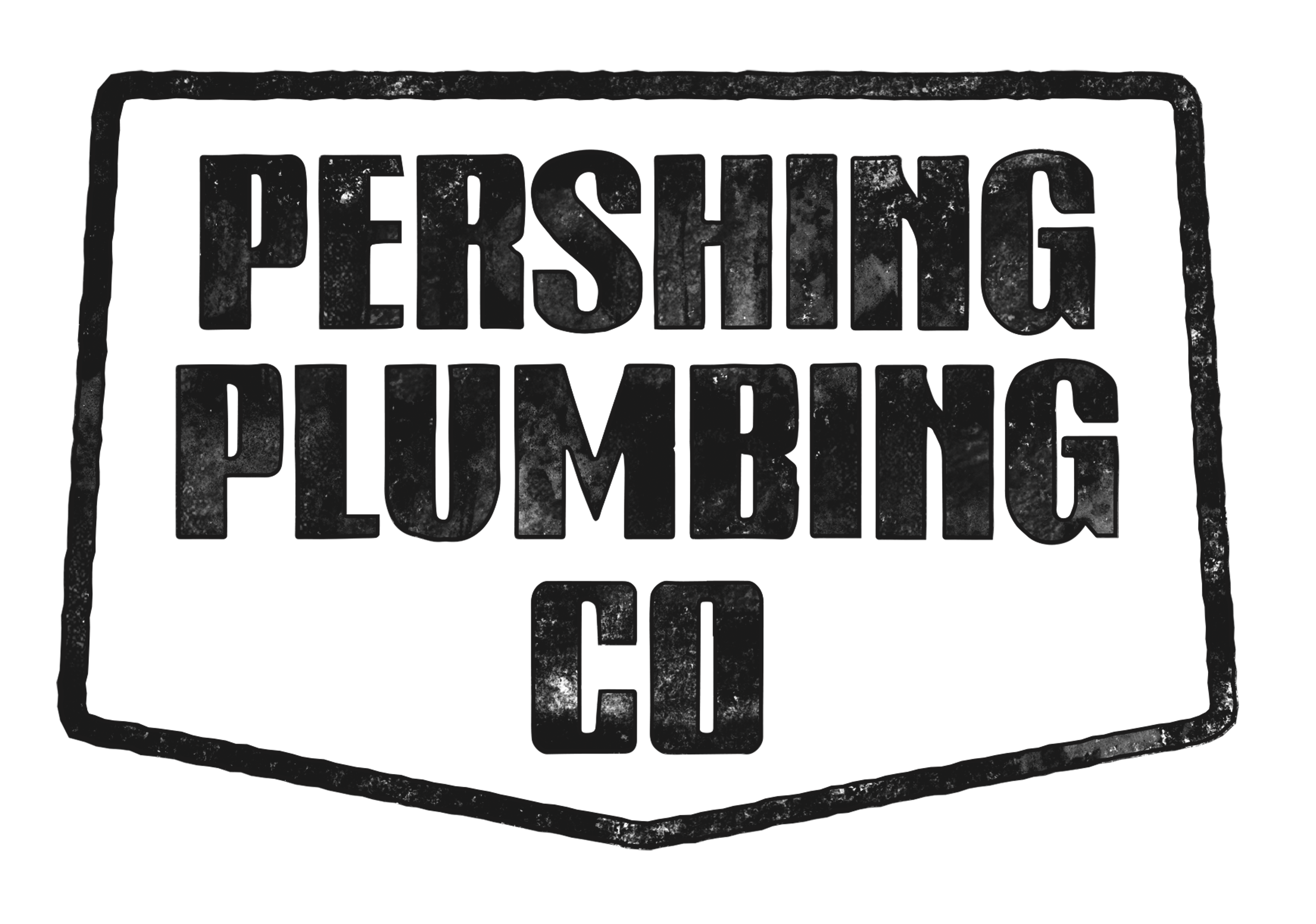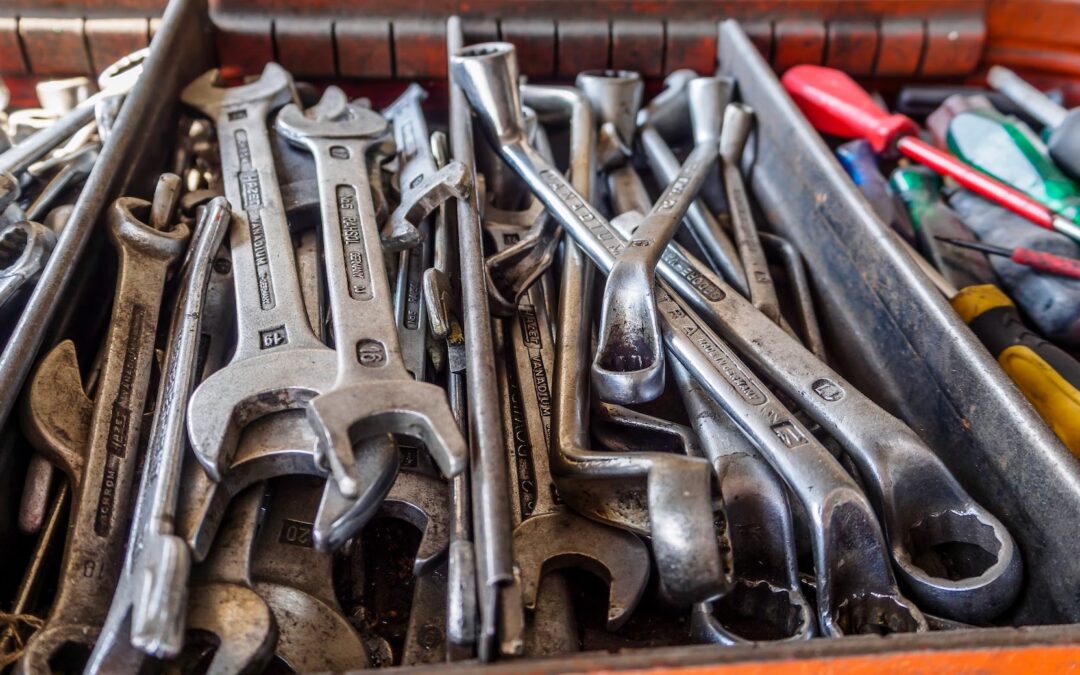Corrosion is a common problem that affects plumbing systems. Corroded pipes can lead to leaks, lower water pressure, and even contamination of your water supply. If you’re concerned about the corrosion of your pipes, there are several steps you can take to prevent it from happening. In this blog post, we’ll discuss some of the most effective methods of preventing pipe corrosion.
Choose the Right Materials
One of the most important factors in preventing pipe corrosion is selecting the right materials for your plumbing system. Certain materials are more prone to corrosion than others, so it’s essential to choose pipes that are resistant to corrosion. Copper, PVC, and PEX are some of the most popular materials for plumbing systems because they are resistant to corrosion. On the other hand, galvanized steel and iron pipes are more prone to corrosion and may need to be replaced more frequently.
Control the Water Chemistry
Water chemistry can also play a significant role in pipe corrosion. High levels of minerals in the water, such as calcium and magnesium, can cause corrosion over time. It’s important to monitor the water chemistry in your home and take steps to control it if necessary. One effective method is to install a water softener, which can remove minerals from the water and reduce the risk of corrosion.
Use Corrosion-Resistant Coatings
Another way to prevent pipe corrosion is to use corrosion-resistant coatings on the pipes. These coatings can protect the pipes from exposure to moisture and other corrosive elements, which can extend their lifespan. Some common types of corrosion-resistant coatings include epoxy coatings, powder coatings, and galvanization.
Control the Water Temperature
The temperature of the water can also play a role in pipe corrosion. Extremely hot water can cause pipes to expand and contract, which can weaken them over time. To prevent this from happening, it’s essential to maintain a consistent water temperature. You may also want to consider installing insulation on your pipes to help regulate the temperature and reduce the risk of corrosion.
Regular Maintenance
Finally, regular maintenance is essential to prevent pipe corrosion. Regular inspections can help you detect any signs of corrosion early on, so you can take steps to address the problem before it becomes severe. Professional plumbers can also provide preventative maintenance services, such as cleaning and flushing your pipes, to help prevent corrosion.
In conclusion, preventing pipe corrosion requires a combination of selecting the right materials, controlling the water chemistry, using corrosion-resistant coatings, controlling the water temperature, and regular maintenance. By taking these steps, you can help protect your plumbing system from corrosion and ensure that it remains in good condition for years to come.

